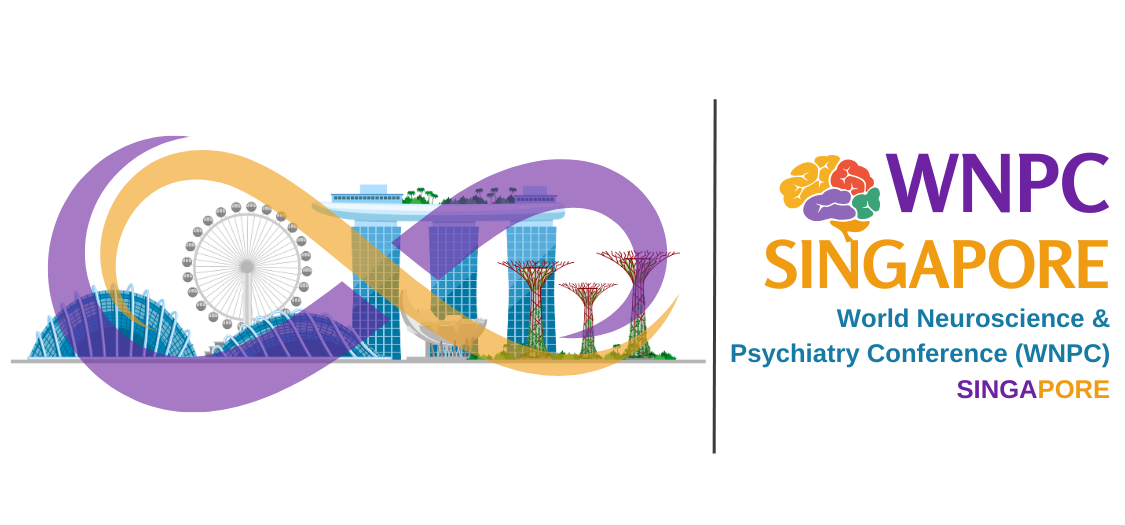
Introduction:
Neuroscience is an integrated science study connected with studies on structures and the functioning of the nervous system. The neuroscience is a multidisciplinary and complicated emerging study attracting many researchers on widening the facts on the structure and functional aspects of the human brain and the nervous system.
The neuroscience includes aspects of studies deriving from cellular & molecular biology, physiology, anatomy, and behavioral studies. There are many facts left unplug like we have 100 billion neurons, nearly to a quadrillion connection between them and yet to completely understand a single cell.
Neurology and psychiatry are related to neuroscience, but neurology is limited to the studies on the nervous system while psychiatry is based on the socializing facts, affects and complicated disorders. The compatibility of neurology and psychiatry is a controversial aspect, with either main aspects. This speculates the growing discrepancy defined and how they imbricate.
Relationship of Neurology and Psychiatry:
Neurology describes the neuron study which is the discipline of science dealing with disorders of the nervous system. The studies focus on investigating, treating the stages and disease which includes the central and the peripheral nervous system. The studies on neurology began in between the 16th-19th centuries. There are many great scientists and their works which led the way to the present studies. Thomas Willis in the 1660s was the first person to term the word Neurology while following his studies on brain anatomy. A German physician and philosopher Johann Christian Reil, has given the term ‘psychiatrie’. Both of these have a common origin. Wilhelm Griesinger has given the statement that mental diseases were substantially brain diseases. Neuropsychoanalysis is a field being derived by the Psychoanalysts to reconnect it with the neurology field.
The commencement of diagnostic imaging resulted in an assertive degree of clarity to the field of neurology. Thus, both the studies are interconnected having their own way of divergence even. The topics list that psychology is vast but is not clear what they have in common. Whatever the study is related to psychology it has to sprinkle a little of the neuroscience to get it much better. The split in neurology and psychiatry might be artificial.
Bailey and et.al. has presented an acknowledged psychiatric reaction affirming that most of the mental illness giving the current scenario of knowledge has no unequivocal biomarkers and diversity and must await on clinical signs and symptoms though if the results are imperfect. The results were in a working relationship rather than against a merger of neurology and psychiatry.
Neurology and Psychiatry! Can they be together?
This is one of the most fascinating conversations in bringing both disciplines together. The fact that if the two disciplines can merge as two equal partners it can enrich the sources and widening the studies.
The 2 subjects have made barriers impacting the diagnosis and the treatment. In a study stated by Kanner, it is said that the differentiation from psychiatry paved concomitant disorders being unresolved, unrecognized and undertreated, in neurology. The bifurcation of neurology from psychiatry made the separation of the physical from the mental; brain from the mind, which has left infirm for both disciplines.
Neurologists and psychiatrists follow the basic therapy diagnosis and treatment for a patient. After the treatment of obsessive-compulsive disorder with either medication or behavior therapy, there might be related brain changes which are evident. This develops the link between neurology and psychiatry to an extent.
Future Aspects:
Researchers of these fields must merge admitting not be easy but paving the way to be beneficial in the long term and to patients at a clinical level.








